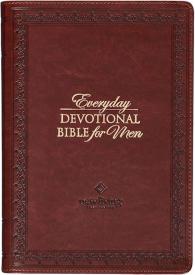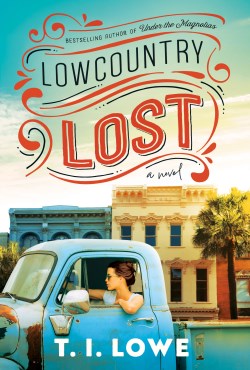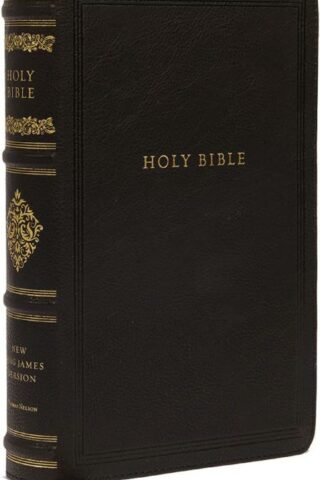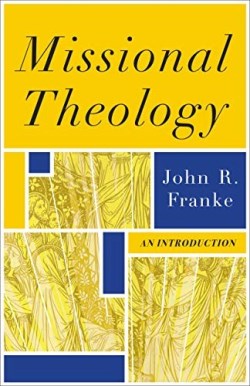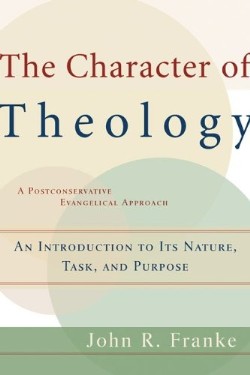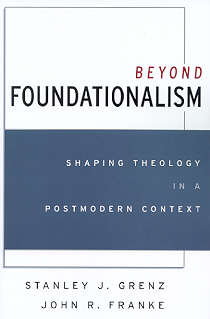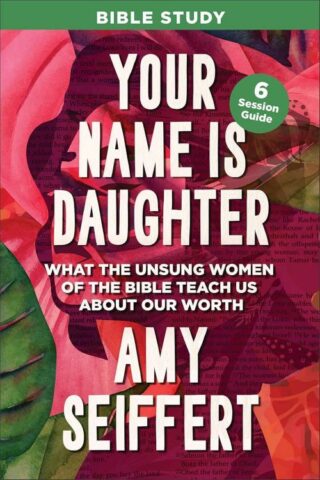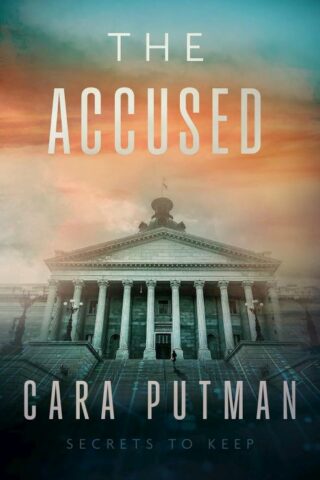John Franke
Showing all 3 resultsSorted by latest
-
Missional Theology : An Introduction
$29.41The notion of missional church and theology has become ubiquitous in the current ecclesial and theological landscape. But what is it all about? In this clear and accessible introduction to missional theology, noted theologian John Franke connects missional Christianity with the life and practice of the local church. He helps readers reenvision theology, showing that it flows from an understanding of the missional character and purposes of God. Franke also explores the implications of missional theology, such as plurality and multiplicity.
Add to cartin stock within 3-5 days of online purchase
-
Character Of Theology
$35.00Theology done in today’s context is strikingly different from past evangelical approaches. In this new project John Franke, writing with our postmodern world in mind, reflects these directions. He offers an introduction to theology that covers the usual territory, but does so attuned to today’s ecclesial and cultural context.
In contradistinction to more traditional works, Franke:
– critiques traditional evangelical theological conceptions
– emphasizes the “local” nature of theology
– engages the postmodern context
– contrasts conservative and postconservative approaches
– interacts with the broader faith communitySure to provoke intense discussion, The Character of Theology will help Christians to be faithful in a world in which the spiritual and intellectual
landscape is ever changing.Add to cartin stock within 3-5 days of online purchase
-
Beyond Foundationalism : Shaping Theology In A Postmodern Context
$56.001. Beyond Fragmentation: Theology And The Contemporary Setting
2. Beyond Foundationalism: Theology After Modernity
3. Scripture: Theology’s “Norming Norm”
4. Tradition: Theology’s Hermeneutical Trajectory
5. Culture: Theology’s Embedding Context
6. The Trinity: Theology’s Structural Motif
7. Community: Theology’s Integrative Motif
8. Eschatology: Theology’s Orienting MotifAdditional Info
What role does scripture play in the task of the church? What value do past theological constructs offer today? How does culture affect theological reflection? For that matter, of all the diverse ways Christian belief is expressed, what makes any of them “Christian”?In Beyond Foundationalism, Stanley Grenz and John Franke move past the foundationalism of the Enlightenment period to offer a revolutionary method for doing theology in a postmodern age. Writing to both mainline and evangelical traditions, they propose a new method that views theology as arising out of the interplay of the Spirit, which speaks authoritatively through the biblical text; tradition, which provides a historical interpretive framework; and culture, which gives context for constructive theological reflection. This method, they argue, fosters a Christian theology that embodies a Trinitarian structure, utilizes the faith community as the organizing principle or integrative motif, and features an eschatological orientation.
Add to cartin stock within 3-5 days of online purchase

